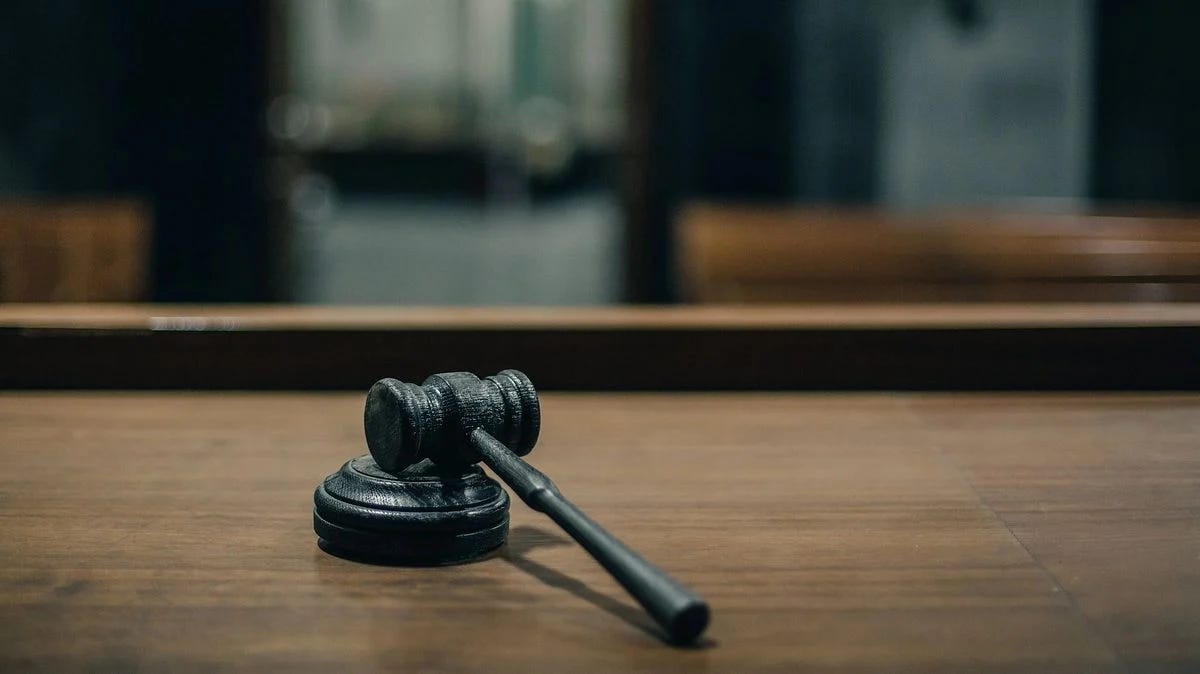Court rules stormwater utility charge is not a tax
By Kim Jarrett | The Center Square | October 15, 2025
(The Center Square) – The Supreme Court of Georgia said Wednesday an Athens-Clarke County stormwater utility charge is not an unconstitutional tax, but the court’s chief justice said he was concerned about how the court treated taxpayers’ constitutional protections.
The local government began charging the fees in 2005 after the federal government imposed stricter requirements for stormwater runoffs. Before that, it paid for its stormwater management program using money from its general revenue fund, according to the court ruling.
Athens-Clarke County government, referred to as “ACC” in court proceedings, first sued Homewood Village, a strip mall, over unpaid stormwater fees in 2010. Homewood Village then sued the government, challenging the fees’ constitutionality in a case dubbed “Homewood I” in court proceedings. The Supreme Court of Georgia ruled in 2013 that the fee is not a tax and does not constitute an “unconstitutional taking” by the local government.
Homewood rechallenged the fee, this time in federal court, saying the rule violated both the U.S. and Georgia constitutions’ takings clauses. The federal court was dismissed. Homewood and eight other developers rechallenged the fee in state court.
The Supreme Court cited the 2013 ruling in Wednesday’s decision.
Presiding Justice Sarah Hawkins Warren wrote, “Appellants contend that ACC’s stormwater utility charge is an uncompensated taking in violation of the Takings Clause because, as they argue, the fee is not based on a special benefit given to the payors or the county’s need, and because it is not based on a ‘voluntary decision to receive services.’ The first basis for Appellants’ argument is unavailing. As explained above, Homewood I held that ACC’s stormwater utility charge does provide a special benefit to the payors, and we have already declined to overrule Homewood I.”
Chief Justice Nels Peterson concurred with the other justices but wrote in a separate opinion saying charges like the stormwater utility fees could be considered taxes and yet be permitted under Georgia’s uniformity requirement. The requirement, which has been in the Georgia constitution since 1868, states that “all taxation shall be uniform upon the same class of subjects within the territorial limits of the authority levying the tax.
“Over time, this Court has allowed state and local governments to evade the uniformity requirement by imposing charges that look a lot like taxes but are called something else, like ‘fees’ or ‘assessments,’” Peterson wrote in the opinion with which Justice Charlie Bethel concurred. “The emergence of these categories demonstrates the breadth of the carve-outs in which this Court has allowed charges to avoid constitutional restrictions on taxation. But this Court has not always been consistent in its reasoning for allowing such charges to avoid constitutional limitations on taxes – and our inconsistency has been pronounced with regard to the special-benefit justification.”’
Peterson went on to say, “Perhaps in the future Georgia governments could focus on crafting charges like those at issue here to conform to uniformity, rather than to try to take them outside all constitutional protection altogether.”


